Basic Petroleum Geology

INSTRUCTOR: James J. Willis, PhD
DISCIPLINE: Geoscience
COURSE LENGTH (DAYS): 5 Days
CEUS: 4.0
AVAILABILITY: Public & In-House
Check back in periodically for updated Public and Live Online course dates! To schedule an In-House course, contact SCA’s Training Department at training@scacompanies.com.
WHO SHOULD ATTEND: This course is designed for those in need of a fundamental understanding of petroleum geology, including petroleum and drilling engineers, beginning geologists and geophysicists, and technical support staff.
COURSE DESCRIPTION: This course is intended as an introduction to geology as it applies to the petroleum industry. Emphasis is focused on applied geological topics. A major part of the course gives the participant a broad idea of the tasks performed by the petroleum geologist, including what maps are constructed and how the necessary data are gathered and used. Exercises include basic map-making skills utilizing well logs and seismic data.
The lectures explain the basic disciplines, including structural geology (with emphasis on structural trapping of hydrocarbons); sedimentary petrology (particularly as applied to porosity and permeability, and in predicting and preventing formation damage); sedimentology (emphasizing reservoir geometries and heterogeneity in sandstones formed in specific environments); paleontology (as applied in the oil field for determining correlations, ages of sediment and environments of deposition); geochemical exploration; and a simple introduction to geophysics (including 3D seismic) as an exploration and reservoir management tool.
Course participants must bring their own laptops.
LEARNING OUTCOMES:
- The ingredients for an economic hydrocarbon accumulation, including source, reservoir, seal, trap, timing, and economics, and how the recipe for success relates in large part to an understanding of the geology of the petroleum system.
- The fundamental tools of the petroleum geologist, including drilling data, cuttings and core data, logging-while-drilling (LWD) and wireline logs, outcrop studies, and geophysical data (including seismic, gravity, magnetic, magnetotelluric).
- The fundamental maps and displays used to illustrate geological data and how they are generated (enhanced by numerous hands-on exercises, including well log correlation, structure contour mapping, and seismic interpretation).
- To quantify the amount of hydrocarbon reserves, including generation of the net hydrocarbon isochore map.
- The role of geology in the drilling process, including wellbore stability, reservoir navigation, and completion.
COURSE CONTENT:
- Introduction to Geology
- Tasks Performed by the Petroleum Geologist
- Basic Map-Making Skills
- Utilizing Well Logs and Seismic Data
- Structural Geology
- Structural Trapping of Hydrocarbons
- Sedimentary Petrology
- Preventing Formation Damage
- Geochemical Exploration
- Introduction to Seismic Geophysics
